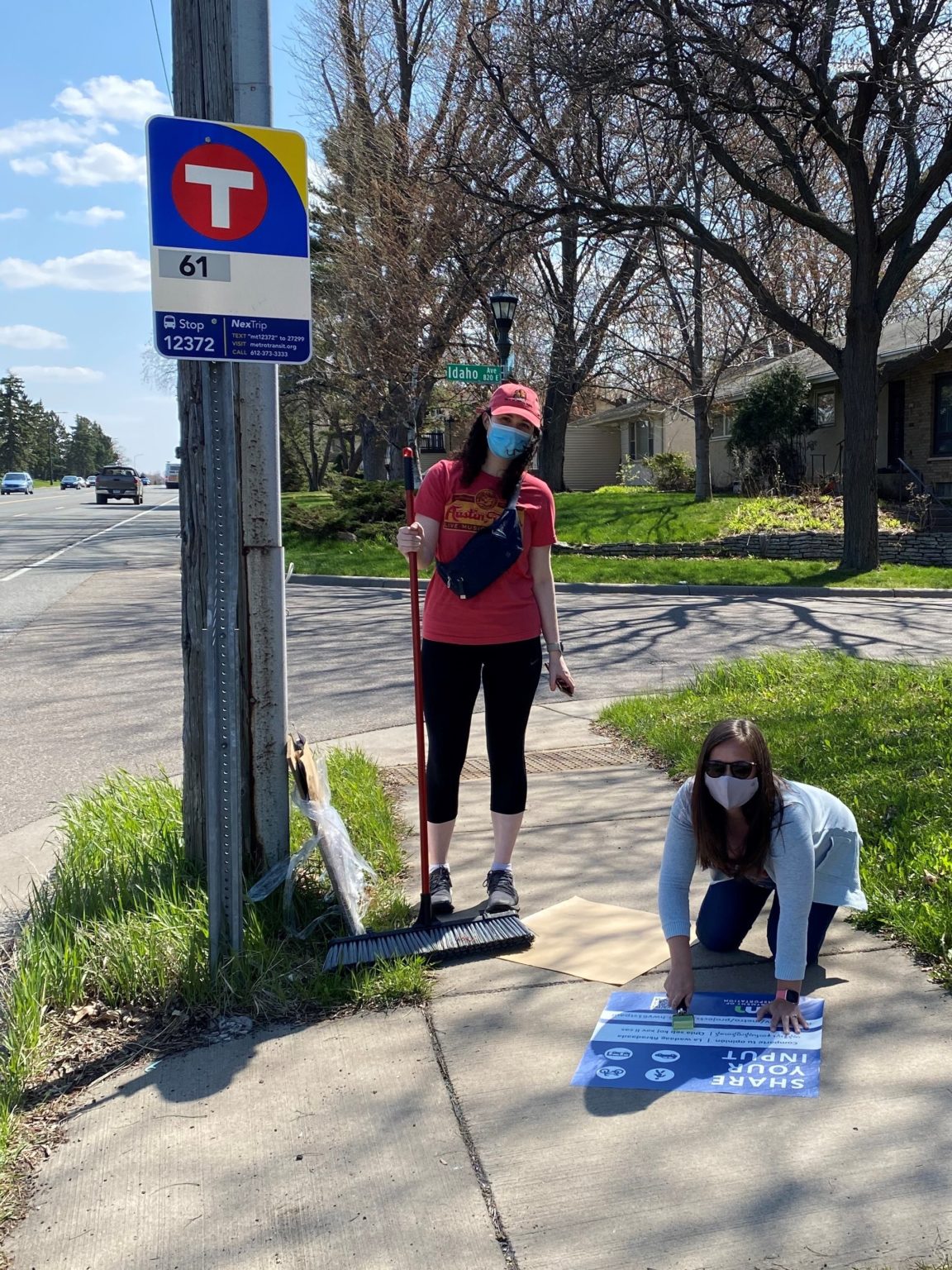From public policy initiatives to housing developments to road construction projects, clients turn to Goff Public for strategy and support when engaging the community in their work. Projects and initiatives are made better through effective community engagement, and we help our clients achieve this by creating inclusive processes to gather community feedback, evaluate the project through a community lens and communicate with stakeholders every step of the way.
Here’s a look at how we approach community engagement at Goff Public.
We get to know our audiences.
The first step in successful community engagement is the same for almost any communications project: identify your audiences. Knowing who you are trying to reach will inform the tools and messages you use. This is also when we work to identify any barriers to reaching certain groups and brainstorm creative ways to connect with them. For example, if the primary audience for your project doesn’t have reliable internet access, your community engagement plan would likely emphasize print materials – such as flyers and postcards – over digital advertising.
We also find it incredibly important to understand our audiences’ history and existing attitudes toward the issue or project, and the context of what’s going on in their communities at the time. For example, if a recent road project was very disruptive to residents during construction, they might need to hear more about the benefits of a project before showing support for another construction season.
We put the why before the what.
It’s easy to stick to the facts when communicating about a project – the type of work that will be done, how long it will take, how much it will cost. But these facts aren’t the most important messages for community engagement. People need to understand why a project is happening and how it will impact them before they can take in the details, provide feedback or champion your project. At the earliest stages, we focus our messaging on the benefits of the project and addressing the existing emotions of our audiences to start from a place of shared understanding.
We forge relationships directly within the community.
Trust is paramount when going to a community and asking for their time and feedback – especially if they’ve had experiences that lead them to believe they won’t be listened to. We partner with leaders and organizations that community members know and trust to facilitate information sharing and provide insights and feedback on the project.
We look for the gaps.
A key part of the community engagement process is continually evaluating to make sure you’re reaching your audiences. Key questions to ask:
- Are the tools and feedback mechanisms being used?
- What haven’t we heard?
- Who haven’t we heard from?
- What misconceptions or misinformation are we hearing?
Flexibility here is key. If something isn’t working, we reevaluate our plan and messaging, and make space for our audiences in the process. Even if we have created multiple channels and opportunities for feedback, an individual might give their input in whatever way is best suited to them – and that’s okay.
We continue the two-way dialogue.
Community engagement is only successful if both parties are communicating to each other – and if you both show that you’re listening. We always make sure to report back, and if there are unresolved conflicts, we make a plan to revisit them with affected community members.
And finally, we know that community engagement typically begins well in advance of a project or initiative. Communities change, and the same people who provided input at the beginning may not be the same people who need to hear from us as the project advances. We make sure to repeat our approach when the project (figuratively or literally) breaks ground.
Interested in learning more about Goff Public’s community engagement practice? Have a question about an upcoming project? Shoot me a note at ashley@goffpublic.com.
